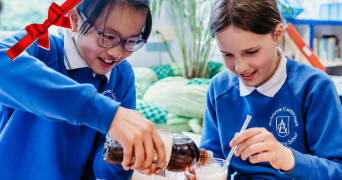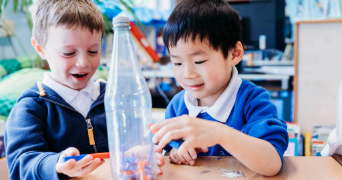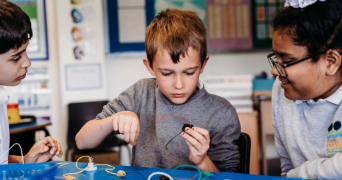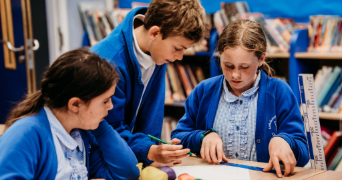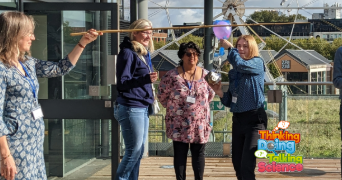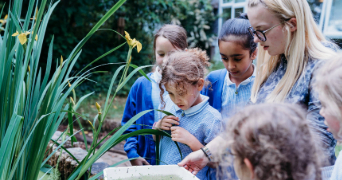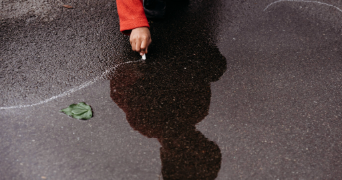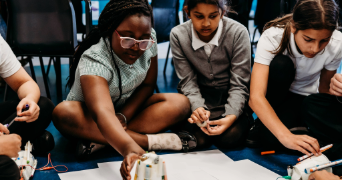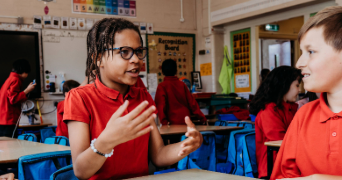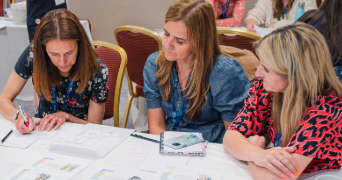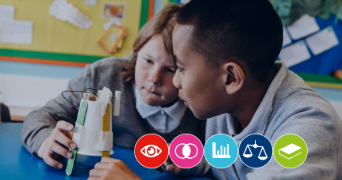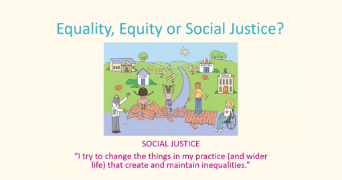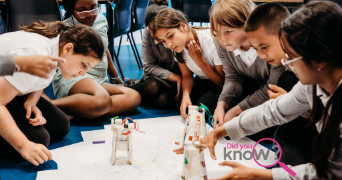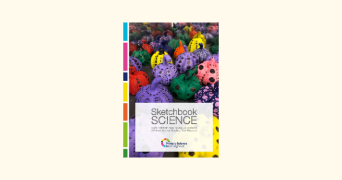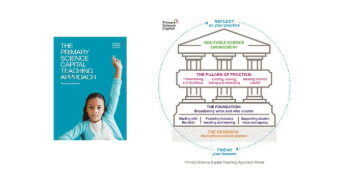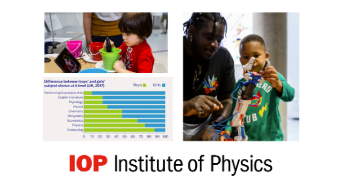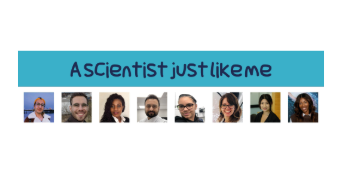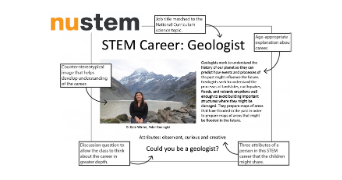We welcome class teachers, science subject leaders, trainee teachers and anyone with an interest in primary science education to join our events. Below, you’ll find details of upcoming professional learning opportunities.
In addition, we host regional events across the UK, led by our team of primary science experts. These provide opportunities to connect locally, share practice and explore practical approaches to teaching and learning.
To help with your planning, download our calendar of events for the 2025–26 school year and stay up to date with everything PSTT offers by joining our mailing list.

